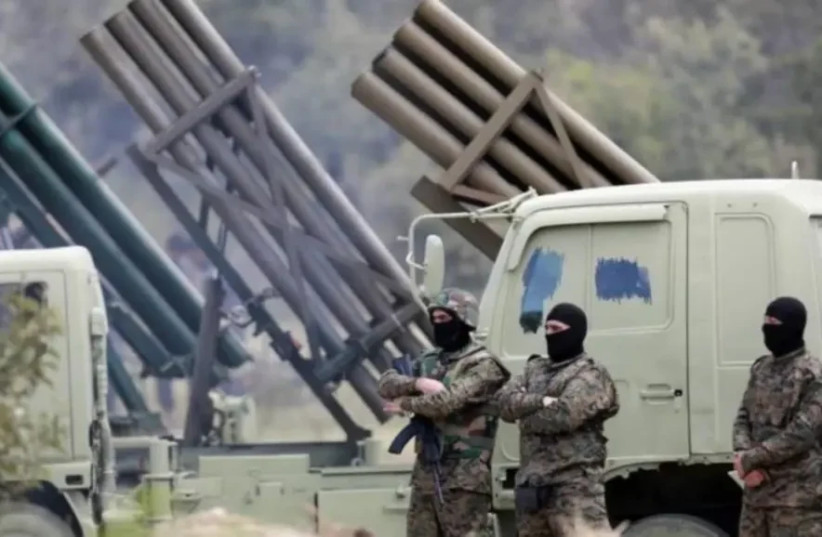The Israel-Hamas War is more complex than the 1948 War of Independence, IDF Maj.-Gen. (res,) Gershon Hacohen said in an interview with Udi Segal and Anat Davidov on 103FM.
"First of all, it really is a long war, and it is also to some extent strategically more complicated even than the War of Independence," Hacohen said. "The War of Independence was difficult, there were many casualties, but the direction was very clear, the enemies were very clear, and the question of what the day after would be was very simple – any place that is within the borders of the State of Israel will be the State of Israel, and we will rule there."
Regarding the current war however, Hacohen explained that Israel faces unique complexities on all fronts. "Both arenas are very complex," he explained. "[Regarding the] southern arena, the question of how to arrange what we need there is complicated even beyond just finding a [Palestinian] political leader, because we're really struggling with doing that. In the North, even though it is a war of attrition, we have already lived with wars of attrition.
"The fact that tens of thousands of Israelis are not home, and probably won't celebrate Passover at home either, is very embarrassing. The more serious matter is that the conditions for returning them according to what the residents demand [basic safety guarantees] requires security conditions that we can't guarantee even if we go to a full-scale war [in the North]. That's why Hezbollah managed to make a move here, with limited fighting, that embarrasses the State of Israel."
What else is complex about the North and the war with Hamas?
Regarding the North, he said: "The thing that is clear, and repeated by the prime minister, the defense minister, and the chief of staff, is that we are trying at this stage to let the Americans reach a peace agreement. The agreement isn't coming because Hezbollah is taking the opportunity in the context of fighting in Israel, to stand in solidarity with the Palestinians within a system led by Iran. It conditions everything that will happen in the future by ending the war in the Gaza Strip. In fact, Hezbollah is the ones who are currently deciding whether they will stop."

Regarding potential scenarios for the war with Hamas, Hacohen replied: "For the time being, it is difficult to see a clear path forward... with Rafah, without Rafah - anything can happen. Something new will have to be done, even if it is what the Americans want; [what might end up happening] is the US Iraq occupation model... or something like Hezbollah, an entity within a state. On their metaphorical business card, they will be an organized entity, but behind the scenes, there will be subversive activities. What the IDF did, for example, in Shifa Hospital, is an expression of strategic freedom of action. This means that even if [we have a new political entity controlling Gaza], if something happens inside the Gaza Strip that threatens our security, the IDF will be able to go in and to act, to prevent it from growing."
